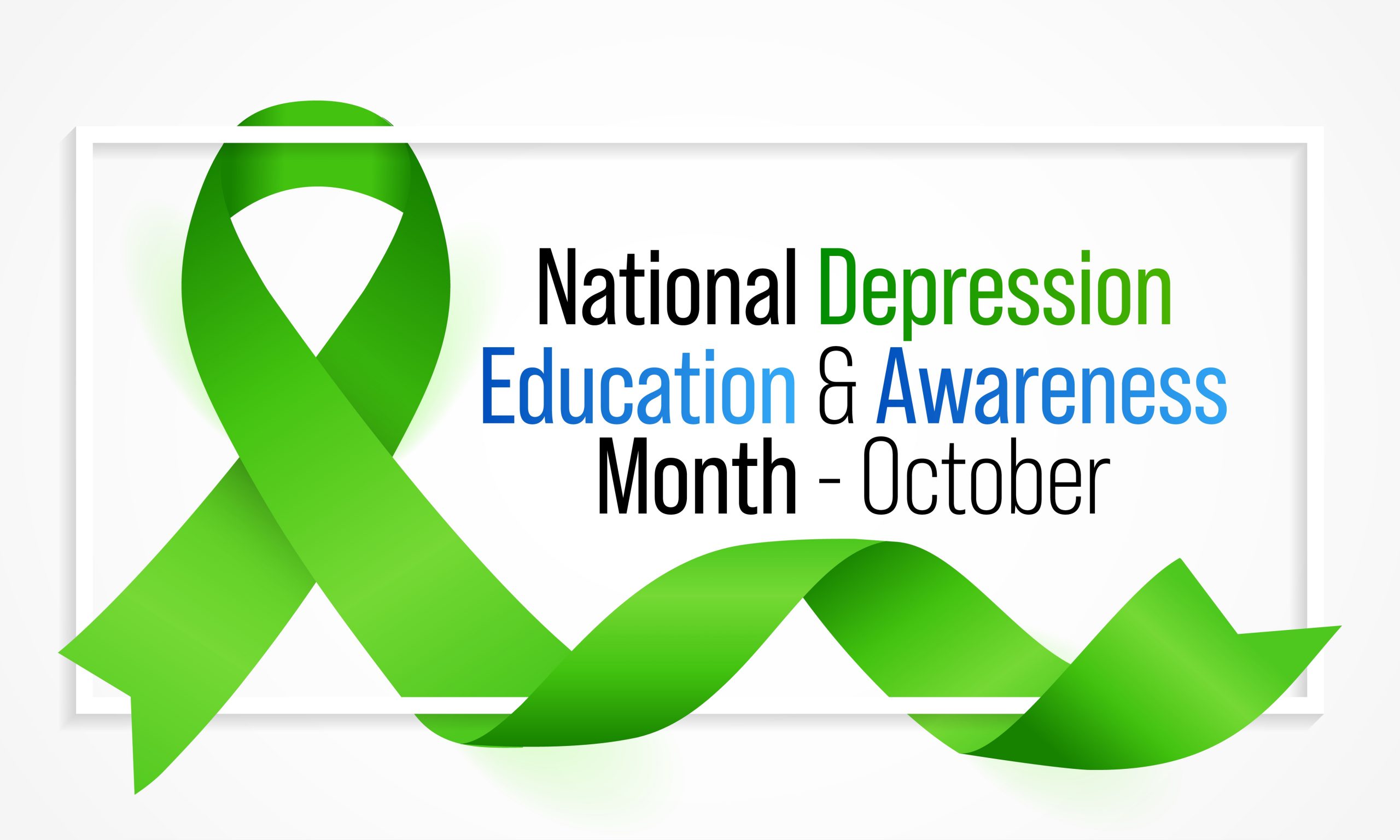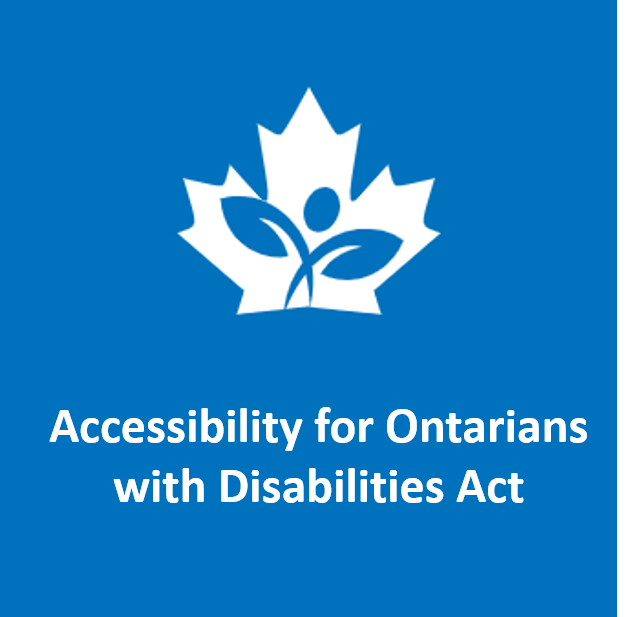Some Gentle Reminders During National Depression Education & Awareness Month
October is National Depression Education & Awareness Month. This month’s goal is to raise awareness of mental health struggles and the importance of mental health screening.
The purpose of education and awareness is to make it easier to help ourselves and those in need. While tactics and techniques are useful, one place we can start to make changes is our mindset about depression.
Here are some gentle reminders from our team based on first-hand experience with depression, or as caregivers of those with depression.
If You’re Feeling Depressed
1. Take care of the basics
Whether it’s episodic depression, deep sadness, PTSD, or some other mental health struggle, taking care of basic human needs can be a great place to start. Eating a healthy meal, hydrating, showering, and moving your body will go a long way in making sure your body is in good shape while you manage your mental health.
2. Go easy on yourself
We can get caught up in a downward spiral with depression. All of the to-dos you can’t get to, social events you want to skip, work you haven’t completed, or friends you haven’t replied to – it can feel like there is no light at the end of the tunnel! Sometimes it helps to release the pressure of work, social, friends etc, and just accept that today it’s ok to feel depression. Sometimes it’s just a bad time and letting go of that weight can be a step toward feeling better.
3. Explore ways to feel incrementally better
When depression feels like there is no light at the end of the tunnel, incremental changes might help. Try to turn your mind to something that typically helps you to feel happy or joyful. Maybe it’s your favourite tunes blasting, going for a walk, being in nature, a funny movie, or a hobby you enjoy. Taking small actions in a positive direction can remind you that the light does exist at the end of the tunnel!
4. Reach out to loved ones
It’s natural to feel alone when you’re depressed, but if you can speak with someone that you feel a connection with, another important human need – social connection – will be met. Whether it’s a stranger on social media, a sibling, a friend, loved one, or a coworker, connecting with another person will help you feel incrementally better.
5. Get a proper diagnosis
Once the problem has been properly identified, the right solution might just become clear. If you’re not sure where to start, speak to your General Practitioner doctor first. They can give you a referral to someone that can properly diagnose your symptoms and get you on the path to healing.
6. If you’re ready, try to understand your depression
Understanding your depression can unlock some difficult memories. For those that are feeling stable and emotionally prepared, exploring your personal history, upbringing or trauma can assist in understanding and overcoming your depression. This can be done on your own, with talk therapy, or other kinds of therapy like Cognitive Behavioural Therapy (CBT).
If You Know Someone Who Might Be Depressed
1. Be present while providing space
Everyone will handle their depression differently, so it’s important to pay attention to the particular person’s cues. You want to show them that you are there for them, but not that you are trying to fix them. Some people may want to talk about it, others may want to spend time with you without talking about it, and some may want space from everyone. Your job is to show support and empathy, not to change them. Provide judgement free care.
2. Educate yourself
It can be hard to know what to say to someone experiencing depression. If we love them, we often want them to feel better and might provide some well-meaning, but trite advice that is not helpful. The more you can educate yourself on what depression is like – if you haven’t experienced it yourself – the easier it will be to relate to your loved one.
3. Allow conversation
Not everyone will want to talk, but letting your friend, coworker, or family member feel like they can talk to you is helpful. Simply telling them “I’m here to talk whenever you’re ready” is a good place to start, but we also have to prove we are willing to be non-judgmental for them to feel comfortable talking to us. This is part of our overall interactions with that person and is demonstrated over time.
4. Be proactive with appreciation and support
This is an overall change to behaviour, but showing appreciation and support to the people around you can go a long way. You never know when your kind words are catching someone on a bad day. If we all do our best to be more loving and empathetic towards each other, we’ll all feel happier.
5. Change the environment
Similar to human basic needs, the environment someone is in can have a big impact on their mental health. If you have the ability, change the physical environment to have less noise, more natural light, and less clutter. Whether this is in the workplace or at home, a clean and inviting space can help provide ease to one’s mind.
*Disclaimer* Information provided in this article is not a substitute for advice from a healthcare professional.. If you or someone you know is experiencing suicidal thoughts or a crisis, please call the Suicide Prevention Lifeline at 1-833-456-4566.





